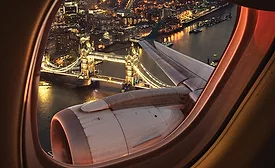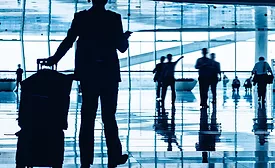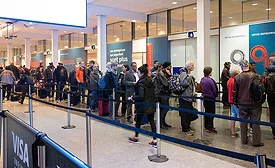Home » Terrorism
Articles Tagged with ''Terrorism''
Lessons on Entertainment Security and Executive Protection After Manchester
Iconic entertainers will remain attractive targets for terrorist attacks because they attract substantial crowds and promote social norms and values that conflict with terrorists’ worldviews.
September 1, 2017
Money and Terror: How the Financial Sector is Hitting Back Against International Crime
In the wake of 9/11, the U.S. Treasury was given the green light to go after rogue banks and terrorism profiteers. Now, how can private sector businesses join the fight?
August 1, 2017
Sign-up to receive top management & result-driven techniques in the industry.
Join over 20,000+ industry leaders who receive our premium content.
SIGN UP TODAY!Copyright ©2026. All Rights Reserved BNP Media.
Design, CMS, Hosting & Web Development :: ePublishing








